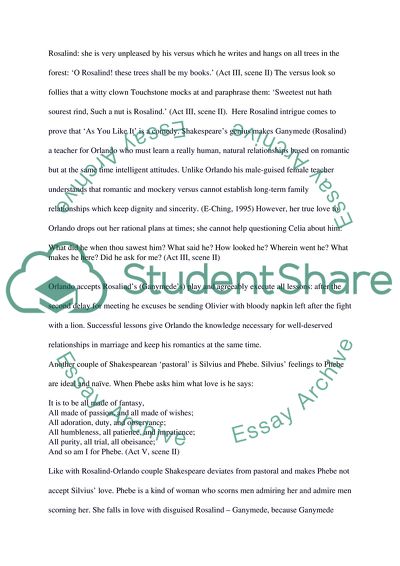Cite this document
(The Aspects of Love in As You Like It by Thomas Lodge Essay, n.d.)
The Aspects of Love in As You Like It by Thomas Lodge Essay. https://studentshare.org/literature/1703969-consider-the-aspects-of-love-that-shakespeare-explores-in-as-you-like-it
The Aspects of Love in As You Like It by Thomas Lodge Essay. https://studentshare.org/literature/1703969-consider-the-aspects-of-love-that-shakespeare-explores-in-as-you-like-it
(The Aspects of Love in As You Like It by Thomas Lodge Essay)
The Aspects of Love in As You Like It by Thomas Lodge Essay. https://studentshare.org/literature/1703969-consider-the-aspects-of-love-that-shakespeare-explores-in-as-you-like-it.
The Aspects of Love in As You Like It by Thomas Lodge Essay. https://studentshare.org/literature/1703969-consider-the-aspects-of-love-that-shakespeare-explores-in-as-you-like-it.
“The Aspects of Love in As You Like It by Thomas Lodge Essay”. https://studentshare.org/literature/1703969-consider-the-aspects-of-love-that-shakespeare-explores-in-as-you-like-it.


